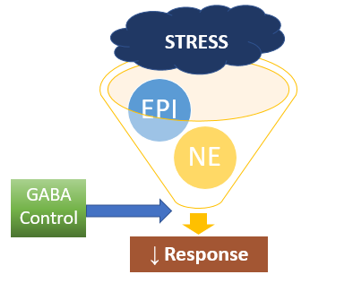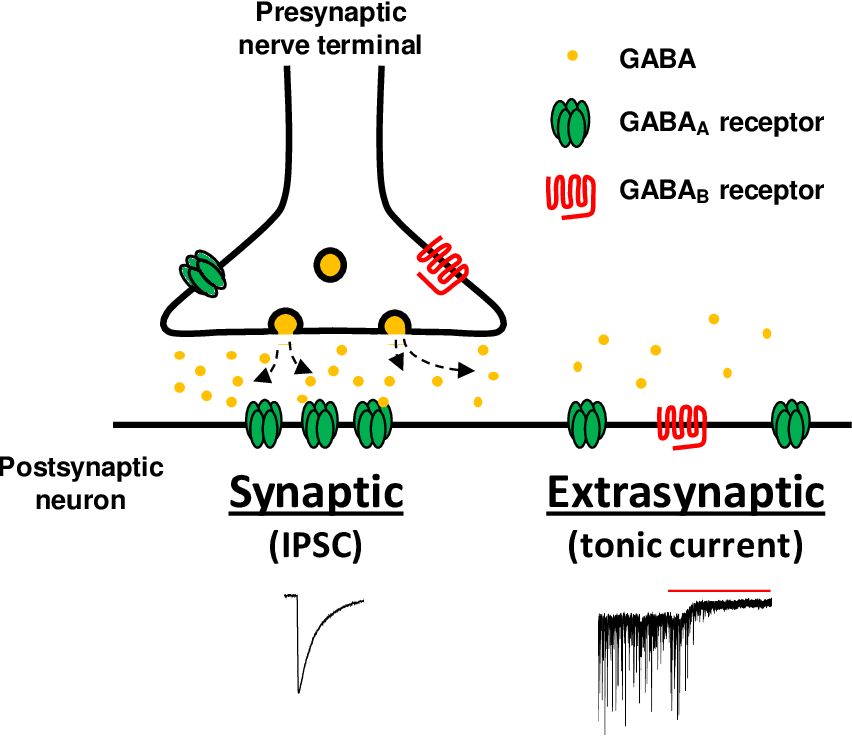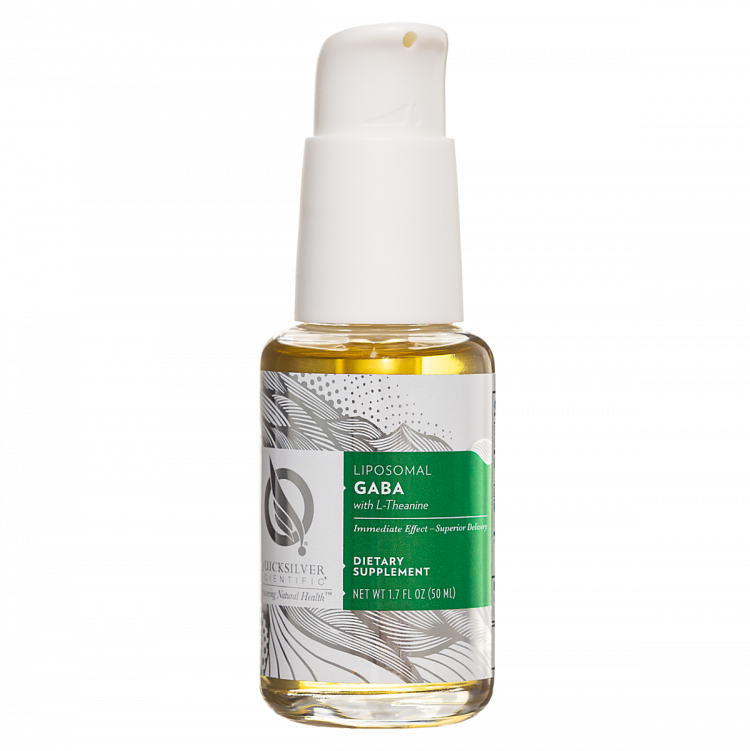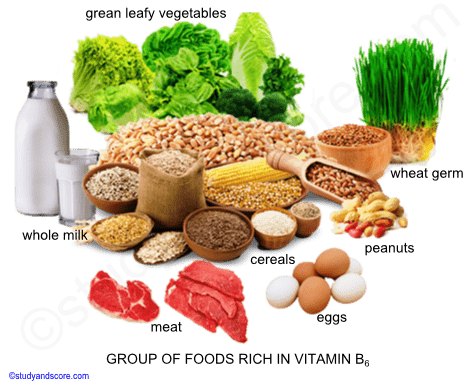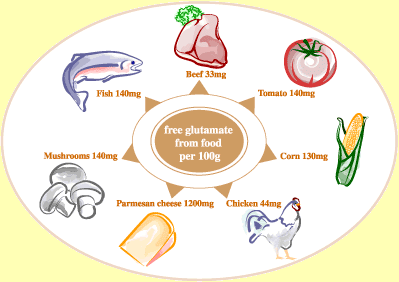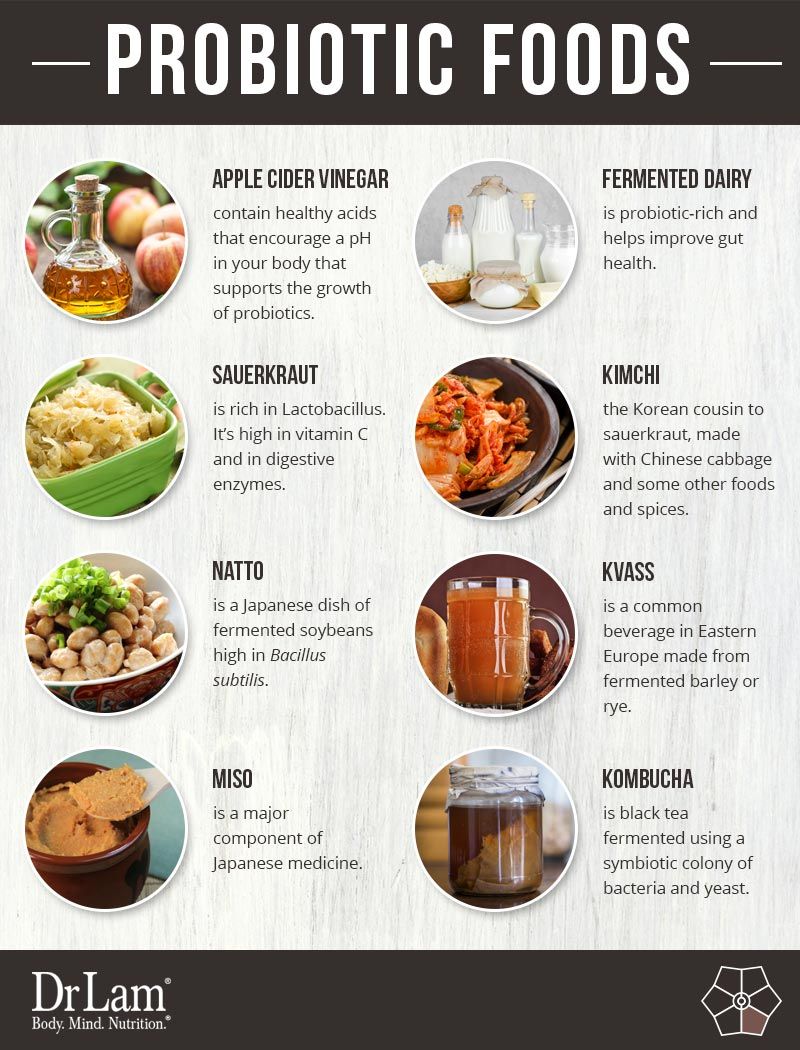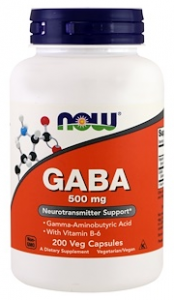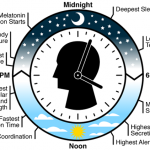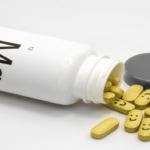So what is GABA?
GABA is an amino acid that works as an inhibitory neurotransmitter, in your brain and body.
GABA is short for Gamma-Aminobutyric acid.
This amino acid, prevents (or inhibits) fear and stress from reaching your brain and revving up your nervous system with adrenaline.⚡
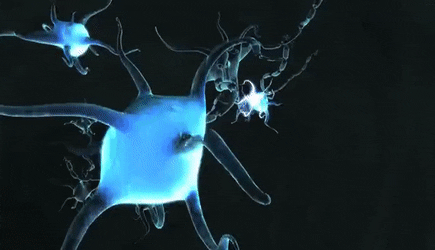
Many people with chronic stress, insomnia, or anxiety disorders, use GABA to find relief.
It is known as the “Valium of neurotransmitters”.
GABA has lots of benefits, but we will focus on it’s sleep and relaxation benefits, for the purpose of this article.🌙

So how exactly will GABA help me to relax?
To give you a visual perspective, think of GABA as a bouncer at the club.

Bouncers only let people into the club, if they have bought a ticket, or are wearing the dress code, etc. etc.
Anyone else who does not meet the “criteria”, will be blocked from entering the building.
GABA prevents a signal from being sent to your nerve cells.

Dr. Michael Breus— The Sleep Doctor, says:
“GABA’s big role in the body is to reduce the activity of neurons in the brain and central nervous system…
This has a broad range of effects on the body and mind..
Such as, relaxation, reduced stress, a more calm, balanced mood, alleviation of pain, and a boost to sleep,” he explains.

I think I get it… but what kind of signals/activity, does GABA keep from reaching my brain?
These signals that GABA blocks, are Excitatory Neurotransmitters— like anxiety, stress, and fear.
Instead of allowing these messages to reach brain cells…
GABA binds to GABA receptors, which promotes relaxation, reduces anxiety, improves mood, and boosts your social skills.

Symptoms of low GABA levels include:
- Panic attacks
- Anxiety
- Sleep disturbances
- Restlessness
The video down below,⬇️ will visually show you how GABA moves through your brain..
I have symptoms of low GABA😭…how do I raise my GABA levels?

There are several ways that you can raise your GABA levels.
You can do this by taking a GABA supplement, by practicing yoga and meditation, or by eating certain types of foods.
GABA Supplements:
You should be using the naturally occurring compound itself.
Some doctors have said that taking GABA as a liquid is more effective (check out the product linked above, and the description down below):
“GABA can offset the sympathetic, fight-or-flight response.
L-Theanine is a calming amino acid found in high amounts in green tea.
L-Theanine can balance mental strain.
Together, these two amino acids gently support health and balance throughout the nervous system.
On its own, uptake of oral GABA in the form of capsules or tablets is not optimal.
For this reason, Dr. Christopher Shade, PhD, developed our Liposomal GABA with L-Theanine.”—source.
GABA supplementation will promote a healthy sleep cycle and calming neurotransmitter production.
Support your brains GABA production by taking one of these everyday:
Taurine, Valerian, Magnesium, L-theanine, and/or Passionflower can boost and support your GABA levels.
If you regularly took one of these vitamins, everyday, your GABA levels would effortlessly rise higher, giving you better nights of sleep and a better mood.
Click here to read about the best GABA Supplements for sleep and mood.
PRO TIP: GABA synthesizes when Vitamin B6 is present in your body.
This is very important for GABA production.
So make sure your daily multivitamin has an active form of B6 in it!
Eat GABA
You can also eat foods rich in Vitamin B6, that will speed up GABA production in the brain.
Foods high in B6 content are:
- Spinach
- Garlic
- Brocoli
- Brussels sprouts
- Bananas
Foods do not contain GABA, but they can help your body produce it.
GABA is produced in the brain from glutamic acid/glutamate.
This doctor tells you what ways you can increase your GABA levels.
Eat foods and drink beverages that contain glutamic acid.
- Green/Black oolong teas
- Lentils
- Berries
- Grass fed beef
- Wild caught fish
- Seaweed
- Noni fruits
- Potatoes
- Tomatoes
Fermented foods will help to increase your GABA levels.
When you have beneficial bacteria in your gut, your body automatically begins to synthesize GABA.
Add some foods to your grocery list that are rich in probiotics.
- Fermented pickles
- Sauerkraut
- Kimchi
- Plain kefir
- Coconut water kefir
If you want to go deeper, and find out what specific strains of bacteria produces the most GABA, then look into:
- Lactobacillus rhamnosus (boosts the role of GABA.)
- Any other GABA producing strains, like Lactobacillus paracasei, Lactobacillus brevis and Lactococcus lactis.
Yoga & Meditation for GABA production:
Being mindful can do so much for our bodies and overall health.
Yoga can get your body relaxed and limber so that you can fall asleep easier without all that unnecessary muscle tension.
This video explains how GABA in your brain can increase when you practice yoga…
The study that is mentioned in the video, can also be read in the text, down below⬇️
“Yoga techniques and vagal nerve stimulation (VNS) increase PNS (parasympathetic nervous system) tone by stimulating vagal afferents.1,32
Studies suggest that the antiepileptic effects of VNS are largely mediated by widespread release of GABA.33
Accordingly, the practice of yoga through stimulation of vagal afferents may result in the increase of brain GABA levels as seen in the yoga group.”—the quoted study in linked here.
This is a specific Vagal Afferent stretch in Yoga.
It opens up and clears your Vagus Nerve so that you can breathe easier and feel calmer—which boosts your GABA.
“By giving ourselves time to be mindful and detach from the rush of the outside world, we improve our attentive state and help regulate our emotions.
A yoga and meditation practice helps boost these ‘feel good’ chemicals, including GABA, serotonin and dopamine…
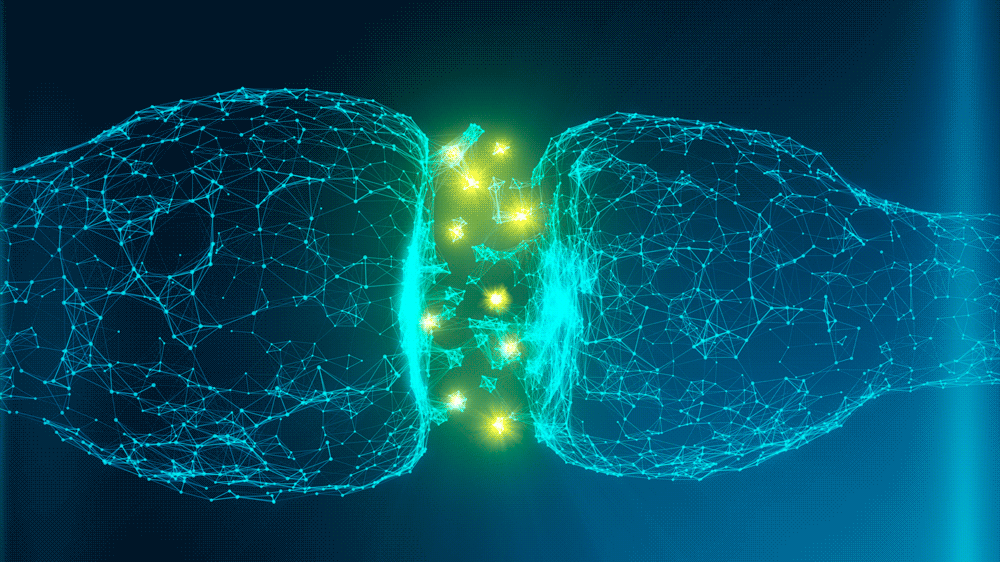
By suppressing the body’s stress response through breathing techniques (pranayama), the parasympathetic nervous system is activated, allowing for a state of further restoration and healing.
The awareness of the breath helps increase activation of the prefrontal cortex (PFC)….
PFC is responsible for our memory, awareness and attentiveness, and it communicates directly with the thalamus, responsible for motor and sensory signals, which stimulates a GABA response, leaving you feeling relaxed and calm.”—source.
Reset your Vagus Nerve and boost your GABA levels
Here’s an exercise you can do twice a day that will reset your entire nervous system and boost your GABA levels.
The more you support your GABA levels, the more relaxed you’ll feel, and the more sleep you will get.
Let us know if you still need help or want more information on this topic!
Get your GABA by clicking the image.
